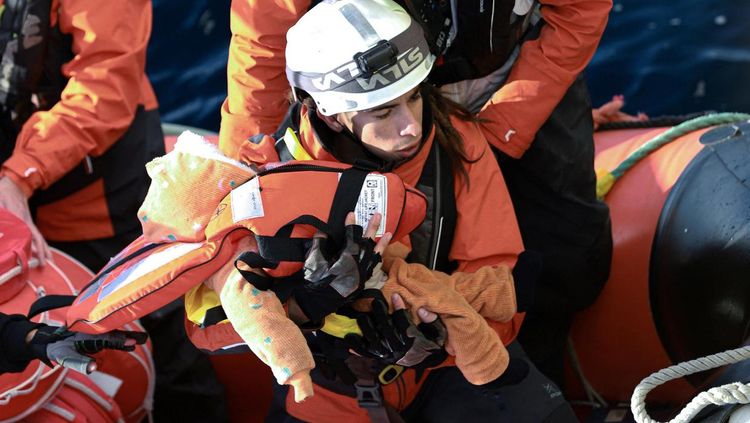UN committee questions if Ireland plans to 'reject' child refugees

A United Nations committee has questioned Ireland’s decision to tell “desperate” refugees not to come to the country because of a lack of accommodation.
he UN Committee on the Rights of the Child asked Integration Minister Roderic O’Gorman if Ireland would “reject” children at the border.
Mr O’Gorman, who was leading the state’s delegation to the committee meeting in Geneva, told the 18-member expert committee that Ireland’s new policy of temporarily asking asylum-seekers not to come here was “not a position we want to be in”.
Ireland’s record of protecting and upholding the human rights of children was scrutinised by the UN committee on Tuesday and yesterday.
During yesterday’s session, committee member Clarence Nelson asked Mr O’Gorman about a tweet his department had published asking those “considering seeking refuge in Ireland and who are currently in places of safety not to travel to Ireland at this time” due to a “severe shortage of available accommodation”.
Mr Nelson asked: “What then is going to happen if families turn up at the borders? Surely you would expect that some of these refugee families are very desperate and go to desperate measures to make the journey as refugees, and when they do turn up with children, what’s going to happen to them?
“Do you allow them in, or are you going to reject them at the border?”
In response, Mr O’Gorman said that last year, 75,000 people had sought international protection in Ireland compared with 3,500 in the years before the pandemic and that Ireland is currently “suffering real shortages of accommodation for people arriving in the country right now”.
“And it’s in that context that those tweets are provided to, in a fair way, make people aware that there are these challenges in terms of providing state-provided accommodation, and indicating that if they are safe where they are right now, it would be our advice that they remain where they currently are,” he said.
“We hope that we can resolve these shortages of accommodation in the short term.
“It’s not a position we want to be in.”
A spokesperson for Mr O’Gorman’s department said “it is important to note that despite the severe accommodation challenges,
families with children and other vulnerable people who claim asylum in Ireland are being accommodated.”
The latest developments come as Taoiseach Leo Varadkar reiterated in the Dáil yesterday that there were limits to how many people Ireland could accommodate.
“We will certainly not turn anyone away, but we will say to people that if they are thinking of coming to Ireland and if they are in a safe country, if they are in a safe place, and if they have accommodation, they need to be aware of the fact that accommodation is not necessarily available in Ireland,” Mr Varadkar said.
Housing and accommodation were one of a number of major issues which the Irish Government was questioned about, in the context of their effect on children.
The UN committee raised concerns about suicide rates among children and the state of mental health services here.
One committee member asked if Ireland would ever succeed in not having any children accommodated in adult psychiatric wards.
In response, a representative for the Irish Government said that a child is placed in an adult acute mental health ward as a “last resort”, and the decision is “only made if a CAMHS admission is not feasible, and only ever for a very short period of time”.






















































